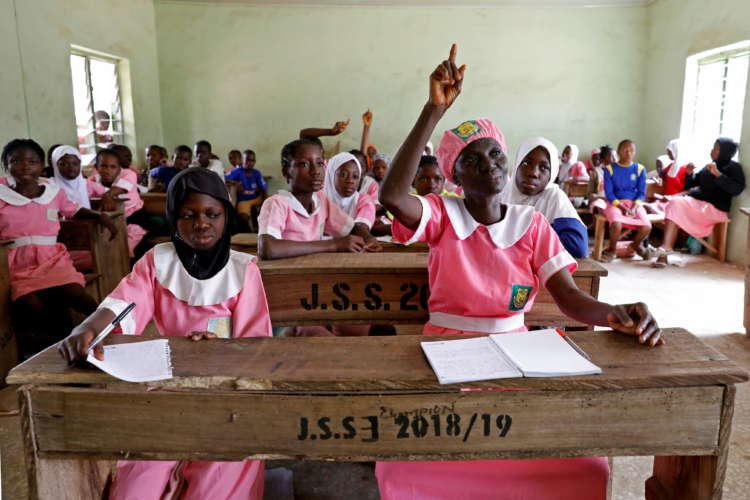Top Stories
Africa’s children need to get back to school to avoid ‘lost generation’
Published by linker 5
Posted on April 22, 2021
1 min readLast updated: January 21, 2026

Published by linker 5
Posted on April 22, 2021
1 min readLast updated: January 21, 2026

Explore more articles in the Top Stories category











